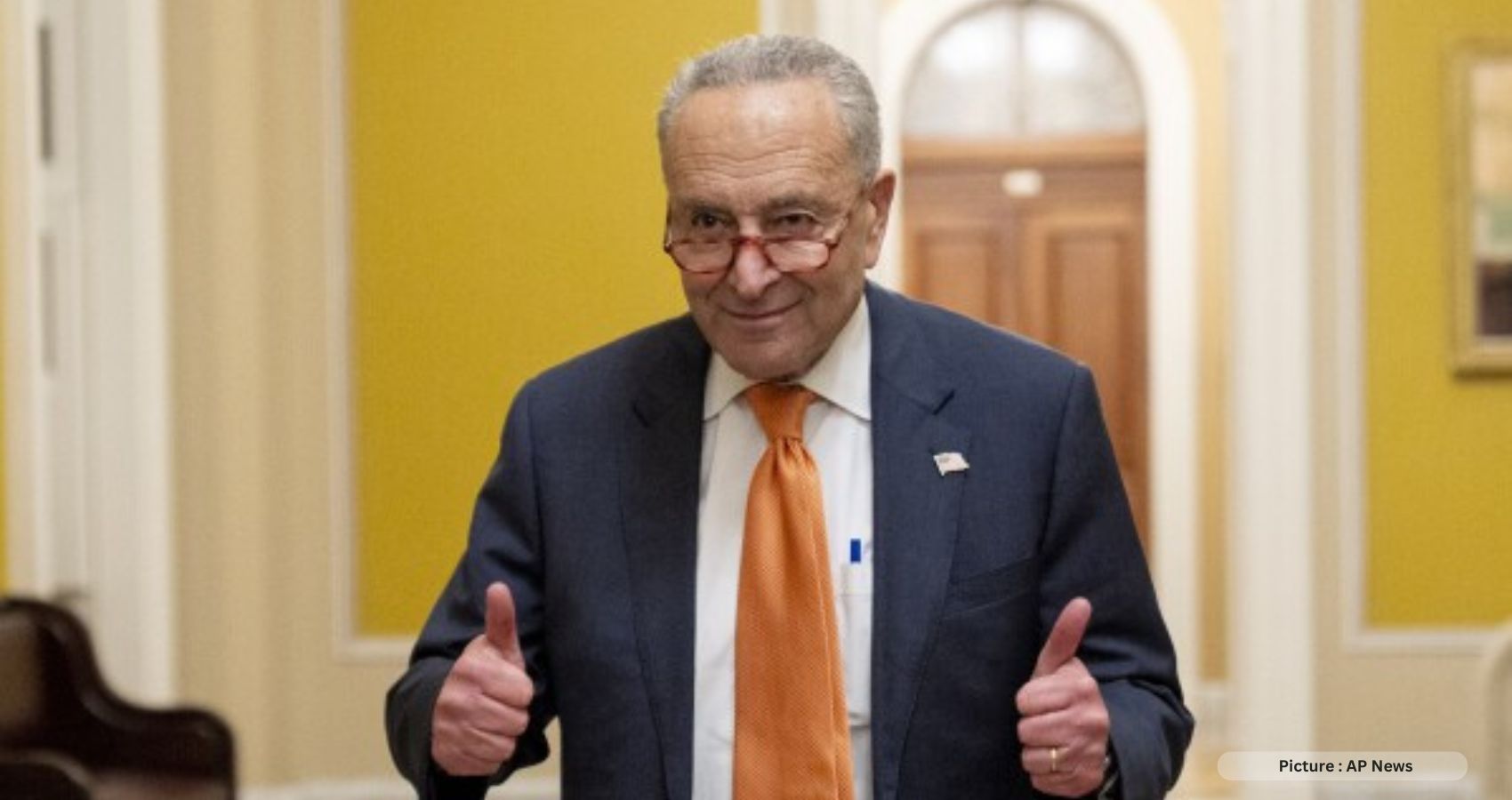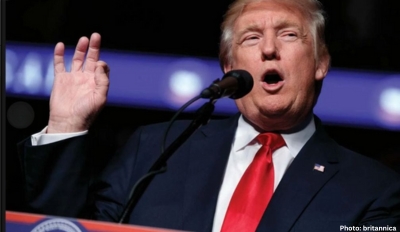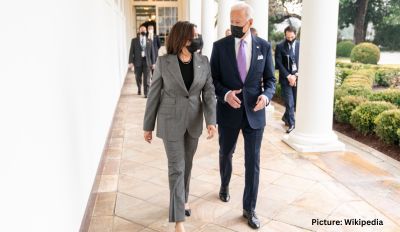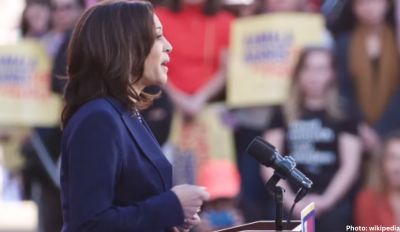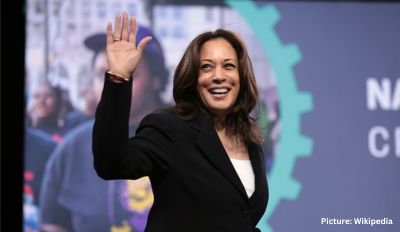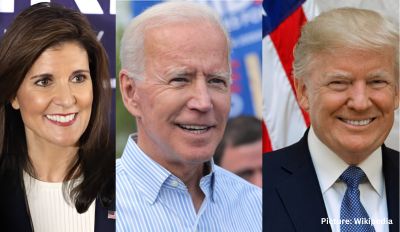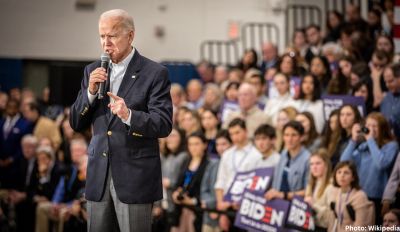The U.S. Congress passed a stopgap funding bill late on Saturday, September 30, 2023 with overwhelming Democratic support after Republican House Speaker Kevin McCarthy backed down from an earlier demand by his party’s hardliners for a partisan bill.
House Speaker Kevin McCarthy announced the stopgap proposal Saturday morning, a move that came after weeks of infighting among House Republicans and a failed effort to pass a GOP stopgap bill in the chamber. The bill passed the House with an overwhelmingly bipartisan vote, and it then was sent to the Senate. The final vote was 88 to 9. The House voted 335-91 to fund the government through Nov. 17, with more Democrats than Republicans supporting it.
The bill will keep the government open through November 17 and includes natural disaster aid but not additional funding for Ukraine or border security. The Bill will help avoid the federal government’s fourth partial shutdown in a decade, sending the bill to President Joe Biden, who signed it into law before the 12:01 a.m on Octpber 1st, 2023.
McCarthy abandoned party hardliners’ insistence that any bill pass the House with only Republican votes, a change that could cause one of his far-right members to try to oust him from his leadership role.
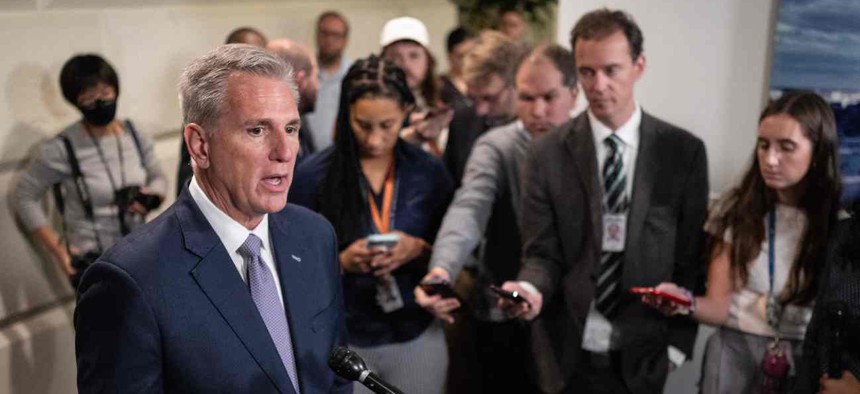 That move marked a profound shift from earlier in the week, when a shutdown looked all but inevitable. A shutdown would mean that most of the government’s 4 million employees would not get paid – whether they were working or not – and also would shutter a range of federal services, from National Parks to financial regulators.
That move marked a profound shift from earlier in the week, when a shutdown looked all but inevitable. A shutdown would mean that most of the government’s 4 million employees would not get paid – whether they were working or not – and also would shutter a range of federal services, from National Parks to financial regulators.
The decision by McCarthy to put a bill on the floor that would win support from Democrats could put his speakership at risk as hardline conservatives continue to threaten a vote to oust him from the top House leadership post.
McCarthy was defiant after the vote, daring his detractors to try to push him out as he argued he did what was needed to govern effectively.
“If somebody wants to make a motion against me, bring it,” McCarthy told CNN’s Manu Raju at a news conference. “There has to be an adult in the room. I am going to govern with what’s best for this country.”
Federal agencies had already drawn up detailed plans that spell out what services would continue, such as airport screening and border patrols, and what must shut down, including scientific research and nutrition aid to 7 million poor mothers.
“The American people can breathe a sigh of relief: there will be no government shutdown tonight,” Democratic Senate Majority Leader Chuck Schumer said after the vote. “Democrats have said from the start that the only solution for avoiding a shutdown is bipartisanship, and we are glad Speaker McCarthy has finally heeded our message.”
DEMOCRATS CALL IT A WIN
Some 209 Democrats supported the bill, far more than the 126 Republicans who did so, and Democrats described the result as a win.
“Extreme MAGA Republicans have lost, the American people have won,” top House Democrat Hakeem Jeffries told reporters ahead of the vote, referring to the “Make America Great Again” slogan used by former President Donald Trump and many hardline Republicans.
Democratic Representative Don Beyer said: “I am relieved that Speaker McCarthy folded and finally allowed a bipartisan vote at the 11th hour on legislation to stop Republicans’ rush to a disastrous shutdown.”
McCarthy’s shift won the support of top Senate Republican Mitch McConnell, who had backed a similar measure that was moving through the Senate with broad bipartisan support, even though the House version dropped aid for Ukraine.
Democratic Senator Michael Bennett held the bill up for several hours trying to negotiate a deal for further Ukraine aid.
“While I would have preferred to pass a bill now with additional assistance for Ukraine, which has bipartisan support in both the House and Senate, it is easier to help Ukraine with the government open than if it were closed,” Democratic Senator Chris Van Hollen said in a statement.
McCarthy dismissed concerns that hardline Republicans could try to oust him as leader.
“I want to be the adult in the room, go ahead and try,” McCarthy told reporters. “And you know what? If I have to risk my job for standing up for the American public, I will do that.”
He said that House Republicans would push ahead with plans to pass more funding bills that would cut spending and include other conservative priorities, such as tighter border controls.
CREDIT CONCERNS
The standoff comes just months after Congress brought the federal government to the brink of defaulting on its $31.4 trillion debt. The drama has raised worries on Wall Street, where the Moody’s ratings agency has warned it could damage U.S. creditworthiness.
Congress typically passes stopgap spending bills to buy more time to negotiate the detailed legislation that sets funding for federal programs.
This year, a group of Republicans has blocked action in the House as they have pressed to tighten immigration and cut spending below levels agreed to in the debt-ceiling standoff in the spring.
The McCarthy-Biden deal that avoided default set a limit of $1.59 trillion in discretionary spending in fiscal 2024. House Republicans are demanding a further $120 billion in cuts.
The funding fight focuses on a relatively small slice of the $6.4 trillion U.S. budget for this fiscal year. Lawmakers are not considering cuts to popular benefit programs such as Social Security and Medicare.
“We should never have been in this position in the first place. Just a few months ago, Speaker McCarthy and I reached a budget agreement to avoid precisely this type of manufactured crisis,” Biden said in a statement after the vote. “House Republicans tried to walk away from that deal by demanding drastic cuts that would have been devastating for millions of Americans. They failed.” (Reuters)

